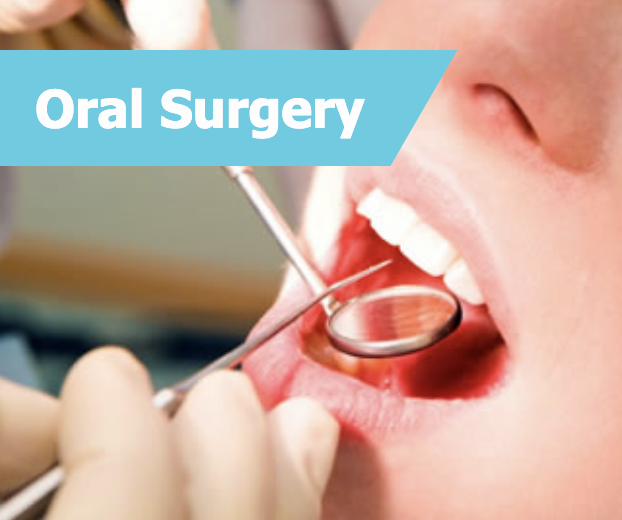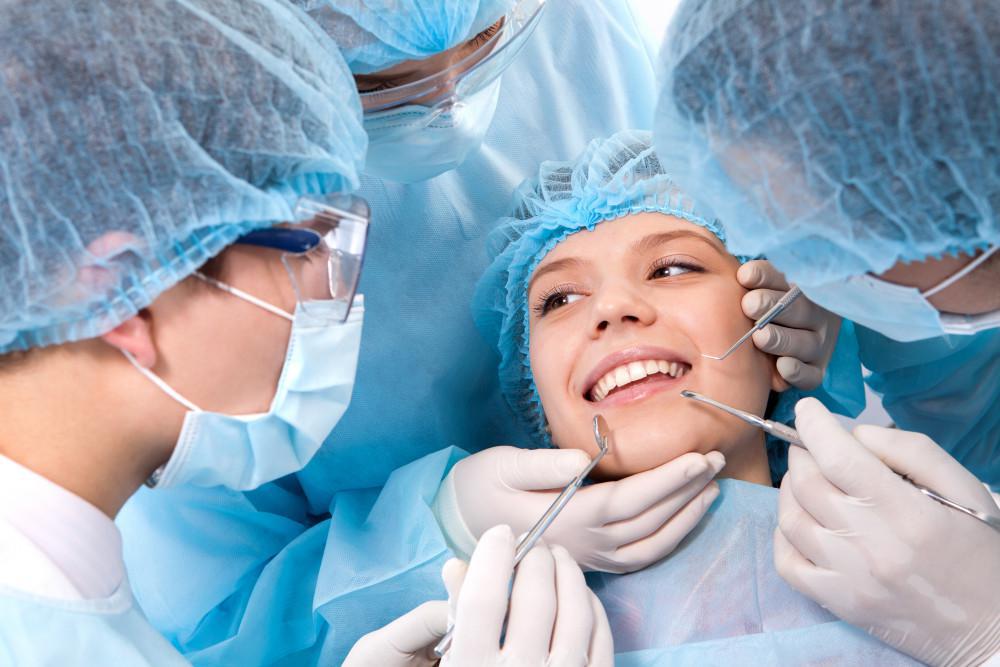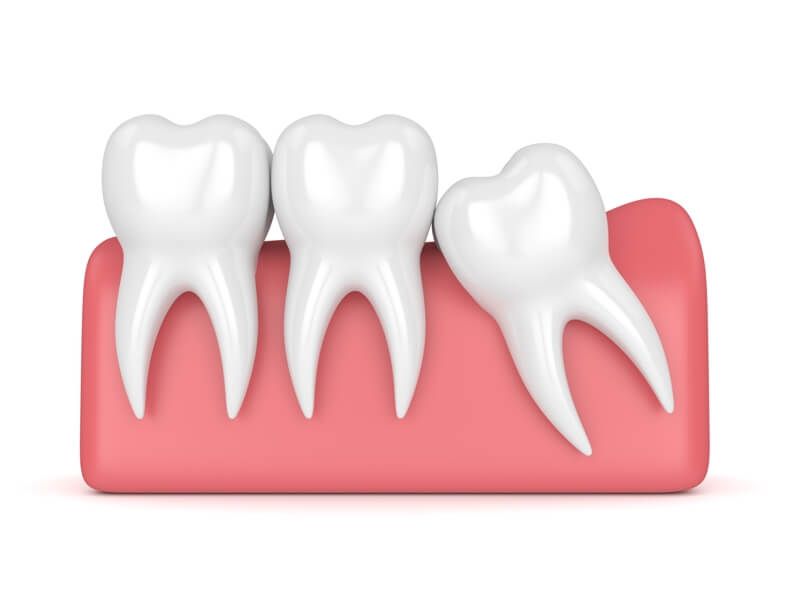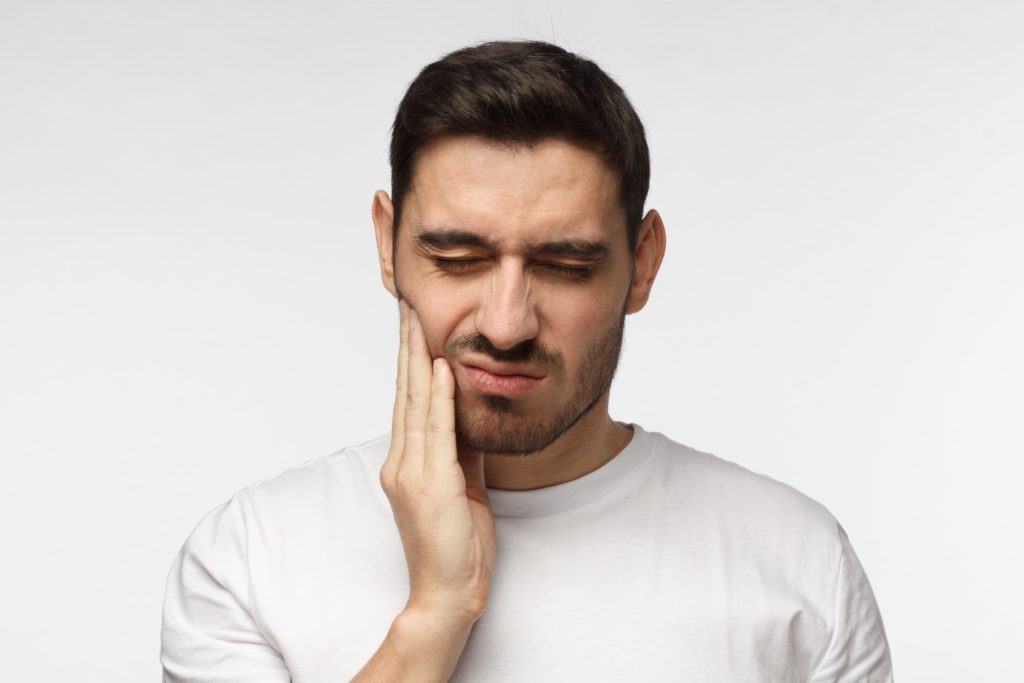Oral Surgery
Your comfort is our priority
Oral surgery refers to a wide range of procedures that are used to treat and diagnose problems involving your teeth, jaws, and face. This includes, but is not limited to, extractions of teeth prior to orthodontics, wisdom teeth removal, placement and restoration of dental implants, TMJ assessment and diagnosis, and treatment of clinical oral pathologies such as cysts and growths.

Tooth Extraction

There is a variety of reasons why tooth extraction might be necessary for your oral health. This includes extensive decay, infection, advanced gum disease, irreversible fractures and crowding.
Prior to extraction, we will address alternatives to save the tooth or any future options to replace the missing tooth. Extraction of one or more teeth may be necessary prior to orthodontic treatment to ensure there is enough space for proper alignment.
Some teeth can be easily removed under local anaesthetic in the chair. However, for teeth that are impacted, badly broken or fused to the bone and require a minor surgical procedure, we have teamed up with a local specialised oral surgeon who will look after you.
Prior to extraction, we will address alternatives to save the tooth or any future options to replace the missing tooth. Extraction of one or more teeth may be necessary prior to orthodontic treatment to ensure there is enough space for proper alignment.
Some teeth can be easily removed under local anaesthetic in the chair. However, for teeth that are impacted, badly broken or fused to the bone and require a minor surgical procedure, we have teamed up with a local specialised oral surgeon who will look after you.
Wisdom Teeth Extraction
In most cases, wisdom teeth will erupt between the ages of 17 and 25, but it may be recommended they are removed before they have fully developed. If extracted early, you can avoid a variety of complications including overcrowding, infection, pain, decay and swelling in the gum tissue.
Because wisdom teeth are the last teeth to erupt into the mouth, most people just do not have the space to accommodate these extra molars. Younger people who have their wisdom teeth removed before complete development usually experience a less complicated procedure and a faster healing time.
With regular check-ups and monitoring, we can provide you with a clear recommendation for your wisdom teeth.
Because wisdom teeth are the last teeth to erupt into the mouth, most people just do not have the space to accommodate these extra molars. Younger people who have their wisdom teeth removed before complete development usually experience a less complicated procedure and a faster healing time.
With regular check-ups and monitoring, we can provide you with a clear recommendation for your wisdom teeth.

Jaw Problems

Jaw problems – the temporomandibular joint (TMJ) can be a source of pain, popping, stiffness of the jaw, and headache. Patients with TMJ disorder can be treated with splints and physical therapy. For advanced cases, your dentist may recommend joint surgery.
